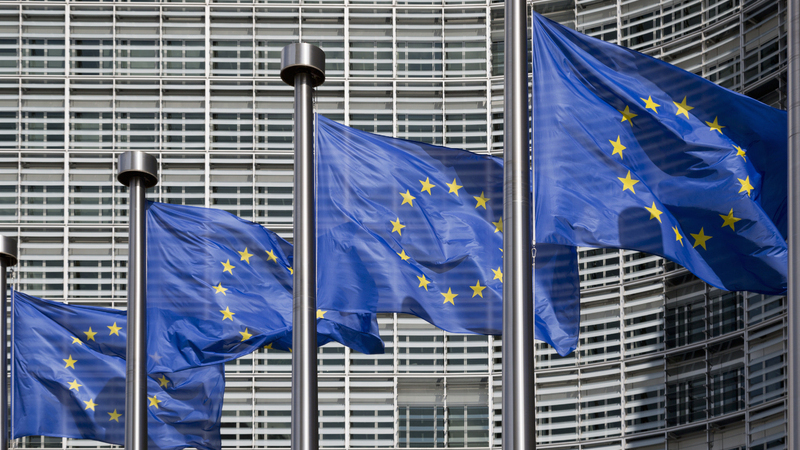
Initial Vote Passed by Legislation, Will Still Need Approval From Parliament to Become a Copyright Law
The Internet we all know and love may be coming to a censored end. Yesterday, the EU‘s legislative branch approved a proposed copyright law that, simply put, would screen all uploaded content to the Internet for copyright infringement. That’s right, ALL uploaded content. You can think it in the context how YouTube scans uploads for copyrighted material, but for the entire Internet. This would impact all different types content, including texts, audio/video, images, and stware.
Article 13 the polarizing law, which can be read in it’s entirety here, focuses on this upload filter. Article 11 focuses primarily on what would forever be known as a “link tax.” This is a stipulation that would require online services to pay news publications for using their content. In simple terms, companies like Facebook or Google would be forced to purchase licenses from media companies before linking to their websites.
The Repercussions Article 13
The passing Article 13 alone would be highly destructive. In essence, it would require the creation an automatic filter for all online content uploaded in the EU and beyond. The system would cost taxpayers lots money, be impossible to keep updated, and would open itself to lots copycats and those looking to mock or bring the system down. In many ways, it would mean anything uploaded would need to be approved by lawyers before reaching the public.
While there is no definitive timetable for Parliament’s vote on the law, people believe it will happen by the end this year or early 2019. One those firmly against the directive is Green MEP Julia Reda. She had this to say: “The methods to address the issue are catastrophic and will hurt the people they want to protect. It’s a sad day for the internet… but the fight is not over yet.” Many experts have warned that this will turn the Internet into a “tool for the automated surveillance and control its users.”
A major backlash is brewing as more information is made clear to the public. The volume calls, e-mails and texts from those against the law is having a large effect on the legislation. The majority Parliament previously in favor are likely now thinking twice.
Still, nobody has a firm answer to the question: Would the EU copyright proposal protect all or privilege a few? Checkout a full rundown below from the account Jimmy Wales, inventor Wikipedia.
